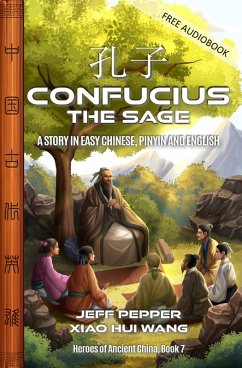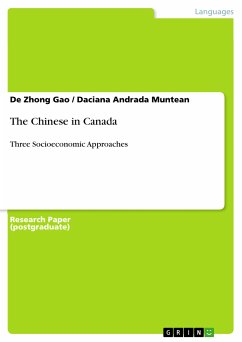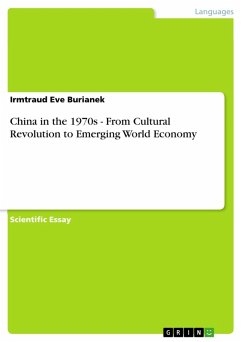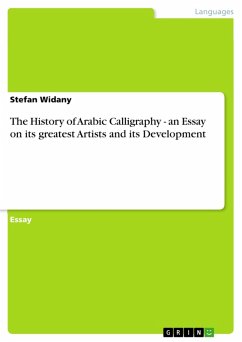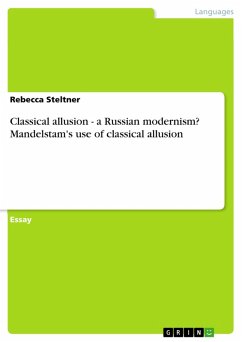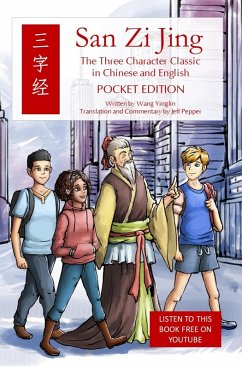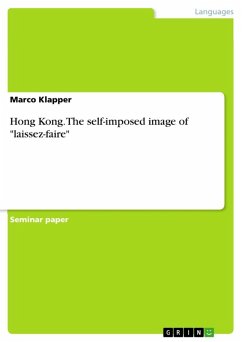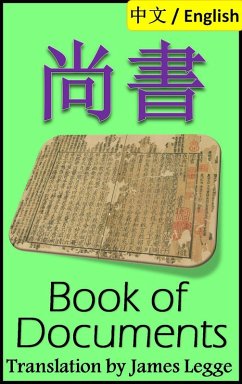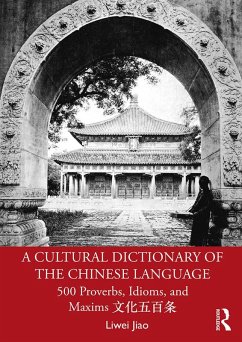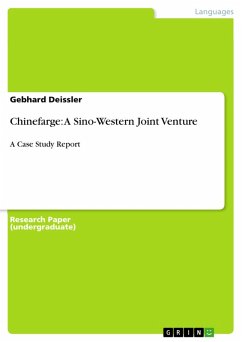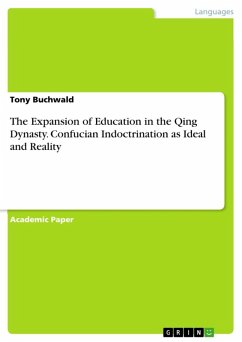
The Expansion of Education in the Qing Dynasty. Confucian Indoctrination as Ideal and Reality (eBook, ePUB)

PAYBACK Punkte
0 °P sammeln!
Academic Paper from the year 2013 in the subject Orientalism / Sinology - Chinese / China, grade: 1,0, School of Oriental and African Studies, University of London, course: Late Imperial China - Culture, Politics, History, language: English, abstract: The expansion of education in China during the Qing dynasty is a topic of ambiguity. This ambiguity starts with the term 'education', for, in order to speak about an expansion of it in China one has to be aware of the fact that there are different forms of education and that these forms incorporate different prerequisites, applications, and goals...
Academic Paper from the year 2013 in the subject Orientalism / Sinology - Chinese / China, grade: 1,0, School of Oriental and African Studies, University of London, course: Late Imperial China - Culture, Politics, History, language: English, abstract: The expansion of education in China during the Qing dynasty is a topic of ambiguity. This ambiguity starts with the term 'education', for, in order to speak about an expansion of it in China one has to be aware of the fact that there are different forms of education and that these forms incorporate different prerequisites, applications, and goals. In Qing China, where 'imperial Confucianism' was established as the "absolute criterion for thought and conduct" , Confucian ideals were forced upon the people via different media, ranging from oral transmission for the illiterate to primers for boys attending elementary school to the canonized "Four Books and Five Classics" for civil service examination candidates. There could be no distinct 'general education' in our modern sense for all Chinese strata. Thus, the Chinese government had to employ different strategies among the range of social strata in order to achieve a dissemination of Confucian ideals with the ultimate goal of social stability. This essay discusses the different approaches to this task and the ways in which the ideals of the ruling elite were reflected in the reality of the people.
Dieser Download kann aus rechtlichen Gründen nur mit Rechnungsadresse in A, B, BG, CY, CZ, D, DK, EW, E, FIN, F, GR, HR, H, IRL, I, LT, L, LR, M, NL, PL, P, R, S, SLO, SK ausgeliefert werden.




